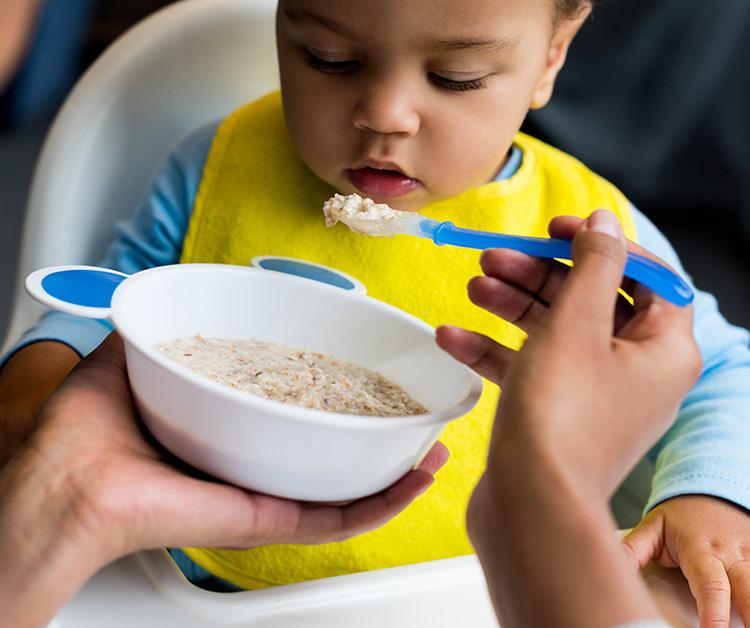Due to maintenance, rewards points for receipt uploads will be delayed. Thank you for your patience!

From giving up naps to ditching diapers, how do you know when they’re really ready? Here are some common toddler development milestones parents often ask about, and when to expect to see them in your child.
Medically reviewed by a board-certified pediatrician
Your baby is experiencing more and becoming a “big kid.” They might even tell you so. Your little one gains many new skills and can do more for themselves every day. At the same time, development in toddlers is a process that unfolds naturally; so, try not to rush it. Every experience lays the foundation for the next one.
While each child develops at their own pace, here are some things to expect around toddlerhood.
Woo-hoo! Your little one can feed themselves. Now comes the fun part—utensils! By 15 months, they can fill a spoon and get it into their mouth. Although, the spoon might turn over right before hitting its target. That’s okay. Practice makes perfect.
By 18 months, most toddlers can use a spoon, fork, and cup. It might be messy, but they’re learning. They may drop the utensils and still use their hands, especially to play with their food, but this is usually a phase. Most are fairly tidy diners by age 2. However, for some lucky parents, the messes go on another year.
Some toddlers begin to phase out napping near the end of their second year. Resisting a morning nap may be a sign your child’s ready. If this happens once, they might just be overtired. But if it happens over several days or weeks, they could be done with the morning nap. You can substitute quiet time instead, with an extended nap in the afternoon.
While many kids aren’t ready until age 3, some show signs of interest in using the potty in their second year. Some signs that they might be ready to try potty training include:
Timing might change if you’re having a new baby, moving, changing sitters or schools, or experiencing other stress in the house. Toilet training can be more challenging amid these stressors, so you might want to hold off until things calm down.
Congrats! With these toddler development milestones, your toddler’s blossoming into their own little person.
All information on Enfamil, including but not limited to information about health, medical conditions, and nutrition, is intended for your general knowledge and is not a substitute for a healthcare professional's medical identification, advice, or management for specific medical conditions. You should seek medical care and consult your doctor or pediatrician for any specific health or nutrition issues. Never disregard professional medical advice or delay seeking medical treatment, care, or help because of information you have read on Enfamil.